Glimpses of world dictators
To dictate or die — is that the question?

The first to go was Zine El Abidine Ben Ali, the longtime dictator of Tunisia.
Short weeks later, Egyptian strongman Hosni Mubarak plummeted from power.
Later Moammar Gadhafi, the haberdasher’s nightmare who turned Libya into a pariah state, has been forced into hiding after he, too, was ousted, ending 42 years of misrule.
Tot them up — Tunisia, Egypt, Libya — and that makes three tyrants overthrown since the so-called Arab Awakening erupted in North Africa in early 2011.
In the capitals of the world’s totalitarian states, the counterparts of these three fallen rulers remain on high alert, lest they be forced to brook a similar fate.
It’s a rare autocrat who relishes the prospect of losing the palace keys, especially after clinging to them for decades.
Worse, the aftermath of absolute rule — you could call it the winter of the patriarch — can be a supremely unpleasant time, a long, grim season of political impotence and worse.
The possible consequences include prison, penury or even — as in the case of bygone Iraqi dictator Saddam Hussein — a hangman’s noose.
The spectre of such horrors must nowadays be causing many a restless night in the sumptuous sleeping quarters of sundry potentates and presidents-for-life, undoubtedly redoubling their determination to hang on at almost any price.
After all, who would choose to surrender power if the result is a jail cell or an execution?
To dictate or die — is that the question?
Generally speaking, it is not.
Granted, at its worst, the fate of a toppled tyrant can be pretty darned unpleasant.
Consider Manuel Noriega, the pineapple-faced Panamanian strongman, who was airlifted from his slender Central American homeland in 1989 by the U.S. military, his former allies, and forced to stand trial in Miami for cocaine smuggling, among other crimes.
After spending two decades as a guest of the U.S. penal system, Noriega was shipped off to France, where he had been convicted in absentia of money-laundering in 1999. He’s now serving a 10-year sentence on the French taxpayer’s tab.
When that’s done, Panama will likely want him back so they can put him on trial, too.
Let’s face it, if the Noriega model is the only option on offer, we are not likely to witness a crush of dictators eagerly embracing early retirement, or not any time soon.
But there are other possibilities.
Take Kenneth Kaunda, the jolly totalitarian who went from ruling the roost in Zambia to scoring a guest spot on the reality TV program Dancing With the Stars in 2007.
Described as “an avid ballroom dancer,” Kaunda — a.k.a. KK — ruled Zambia for 27 years, from 1964 to 1991. For most of that time, the southern African country was a one-party state.
Kaunda’s life out of power has not been entirely pacific. At one point, he was sentenced to six months in prison but he was allowed to go free. Now 87, Kaunda is in delicate health and last month fell ill while on vacation in Namibia. He was reported to be recovering in a Windhoek hospital.
Still, Kaunda’s fate has mostly been enviable, the sort of retirement a tottering autocrat might be inclined to accept.
But not every decommissioned dictator has been so lucky — and there are more of them, still drawing breath while gathering dust, than you might think.
A search by the Star turned up around two dozen extant members of the breed, scattered here and there around the globe.
To a man — plus one woman — they would probably prefer to be back in the palace if they could.
But they can’t.
Here is a look at the lives they’ve been allotted instead-
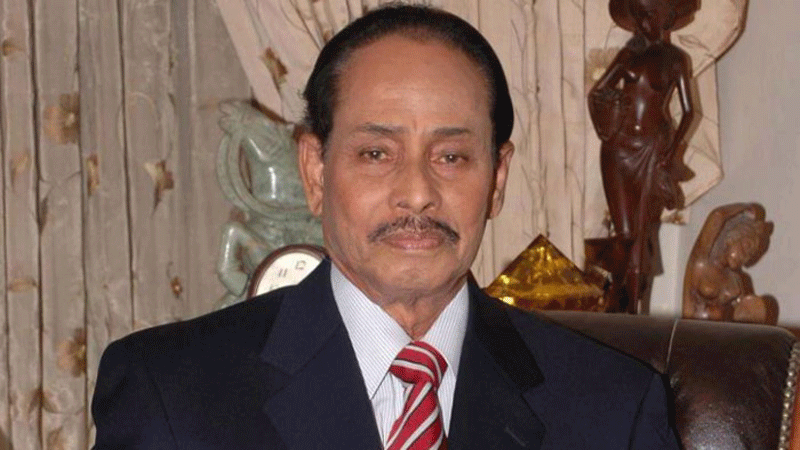 Hossain Mohammed Ershad
Hossain Mohammed Ershad
Country: Bangladesh
Years in power: 1982 to 1990
Age: 89
Life out of power, Ershad remained active in Bangladeshi politics as leader of the Ershad faction of the opposition National Party. He breathed his last on July 14, 2019.
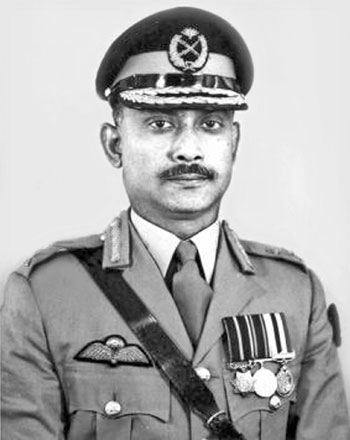 General Ziaur Rahman
General Ziaur Rahman
Country: Bangladesh
Siege of power: After the bloody change over on August 15, 1975, continued till his assassination on 30 May 1981. Founder of Bangladesh Nationalist Party.
 Jean-Claude “Baby Doc” Duvalier
Jean-Claude “Baby Doc” Duvalier
Country: Haiti
Years in power: 1971 to 1986
Age: 59
Life out of power: The one-time Caribbean playboy paid a surprise return visit to Haiti early this year, following 25 years of exile in France, during which time he squandered an immense fortune and was reduced to poverty. He faces criminal charges for corrupt practices during his rule but has not been put on trial. He is reported to be living in well-heeled comfort in Port-au-Prince.
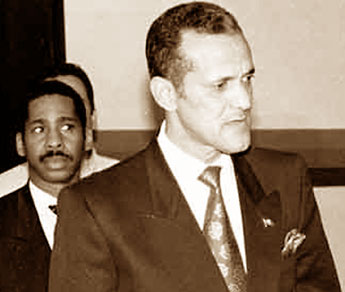 Raoul Cedras
Raoul Cedras
Country: Haiti
Years in power: 1991 to 1994
Age: 62
Life out of power: Since fleeing Haiti in 1994, the former head of the Haitian military has been living in exile in Panama. Lately, there have been rumours that he, too, has returned to his Caribbean homeland, but these reports are unconfirmed.
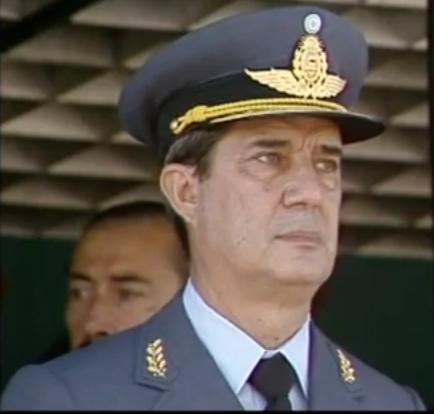 Basilio Lami Dozo
Basilio Lami Dozo
Country: Argentina
Years in power: As commander of his country’s air force, Lami Dozo was part of a military junta that ruled Argentina from 1981 to 1982, a period that included the Falklands/Malvinas War against Great Britain.
Age: 82
Life out of power: In 1989, Lami Dozo was sentenced to eight years in prison for actions taken during the war with Britain. He was pardoned the following year by then-President Carlos Menem.
 Efrain Rios Montt
Efrain Rios Montt
Country: Guatemala
Years in power: 1982 to 1983
Age: 85
Life out of power: The Rios Montt presidency was a time of particularly brutal human-rights violations, including rape, torture and massacres unleashed mainly against the country’s indigenous population. After running unsuccessfully for his country’s presidency in 2003, Rios Montt remained active in Guatemalan politics until announcing his retirement this past May.
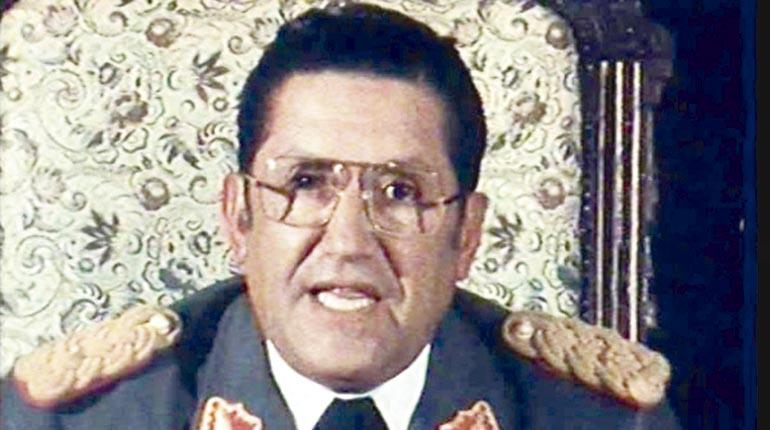 Luis Garcia Meza Tejada
Luis Garcia Meza Tejada
Country: Bolivia
Years in power: 1980 to 1981
Age: 82
Life out of power: After being ousted from office, Meza Tejada fled to Argentina and later Brazil. In 1995, he was extradited to Bolivia, where he had been sentenced in absentia to 30 years in jail. Now in failing health, he divides his time between the San Pedro de Chonchocoro Prison and the COSSMIL military hospital.
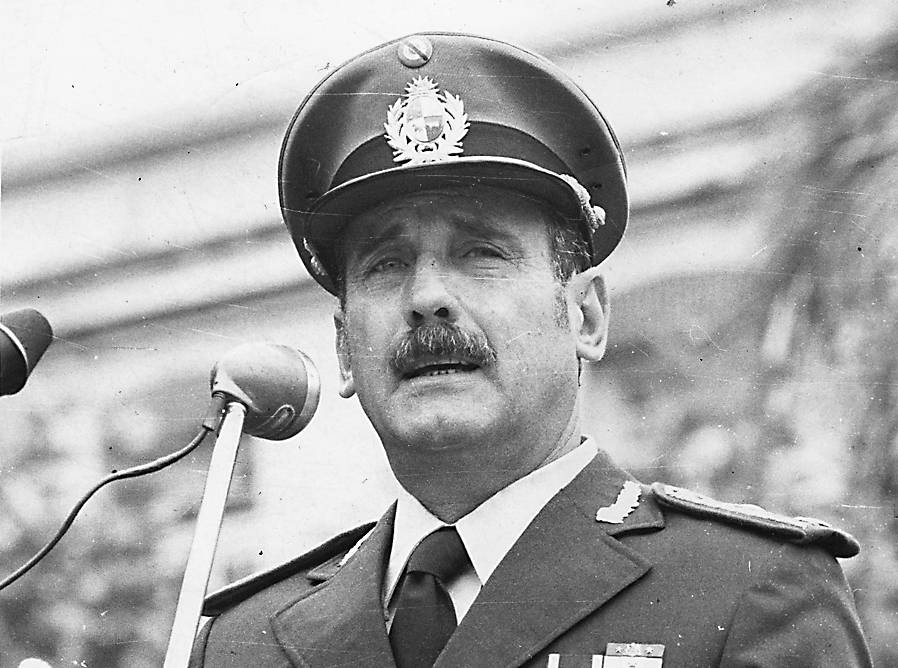 Gregorio Conrado Alvarez
Gregorio Conrado Alvarez
Country: Uruguay
Years in power: 1981 to 1985
Age: 84
Life out of power: Initially protected from prosecution by a 1986 amnesty law, Alvarez was tried and convicted in 2009 for a total of 37 homicides committed under his authority. He was sentenced to 25 years in prison.
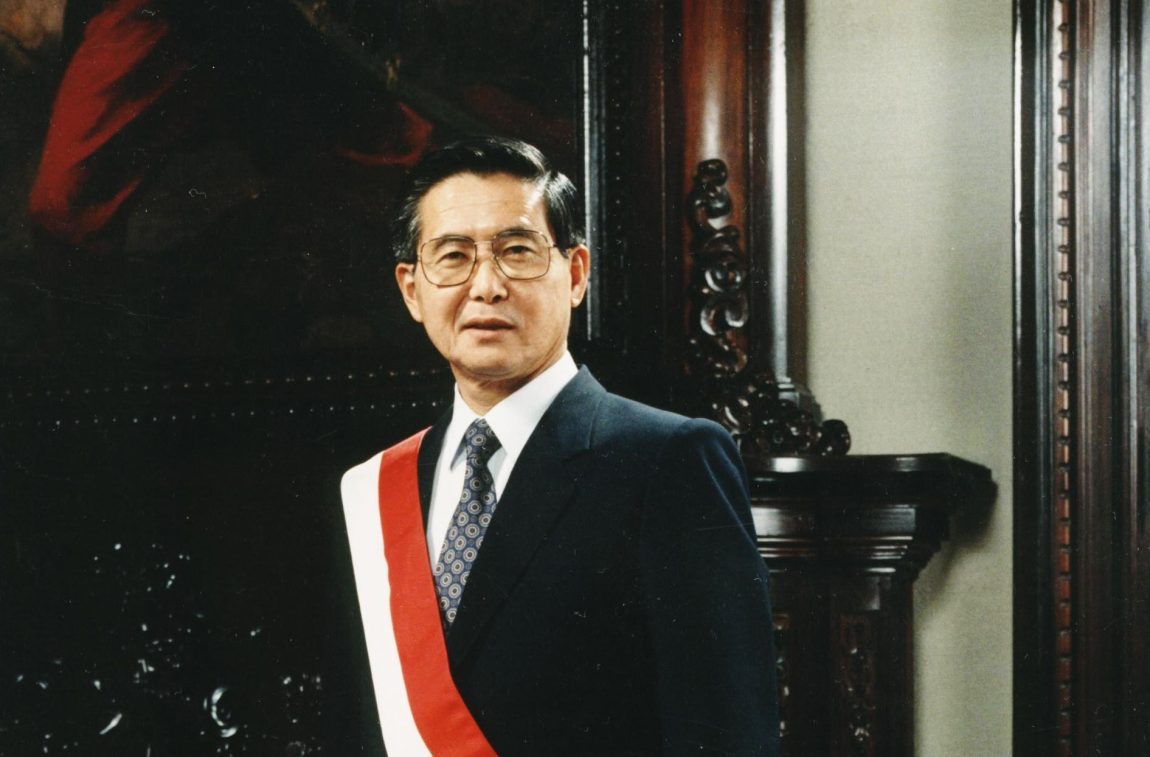 Alberto Fujimori
Alberto Fujimori
Country: Peru
Years in power: 1990 to 2000, ruling with dictatorial powers from 1992.
Age: 74
Life out of power: After fleeing into exile in Japan in 2000, Fujimori travelled to Chile in 2005 in hopes of resurrecting his political career in Peru. He was arrested and extradited to his homeland in 2007. Two years later, he was sentenced to 25 years in jail for a raft of human-rights and corruption offences. This year, his daughter Keiko Fujimori Higuchi, a Peruvian congresswoman, ran unsuccessfully for the presidency of her country.
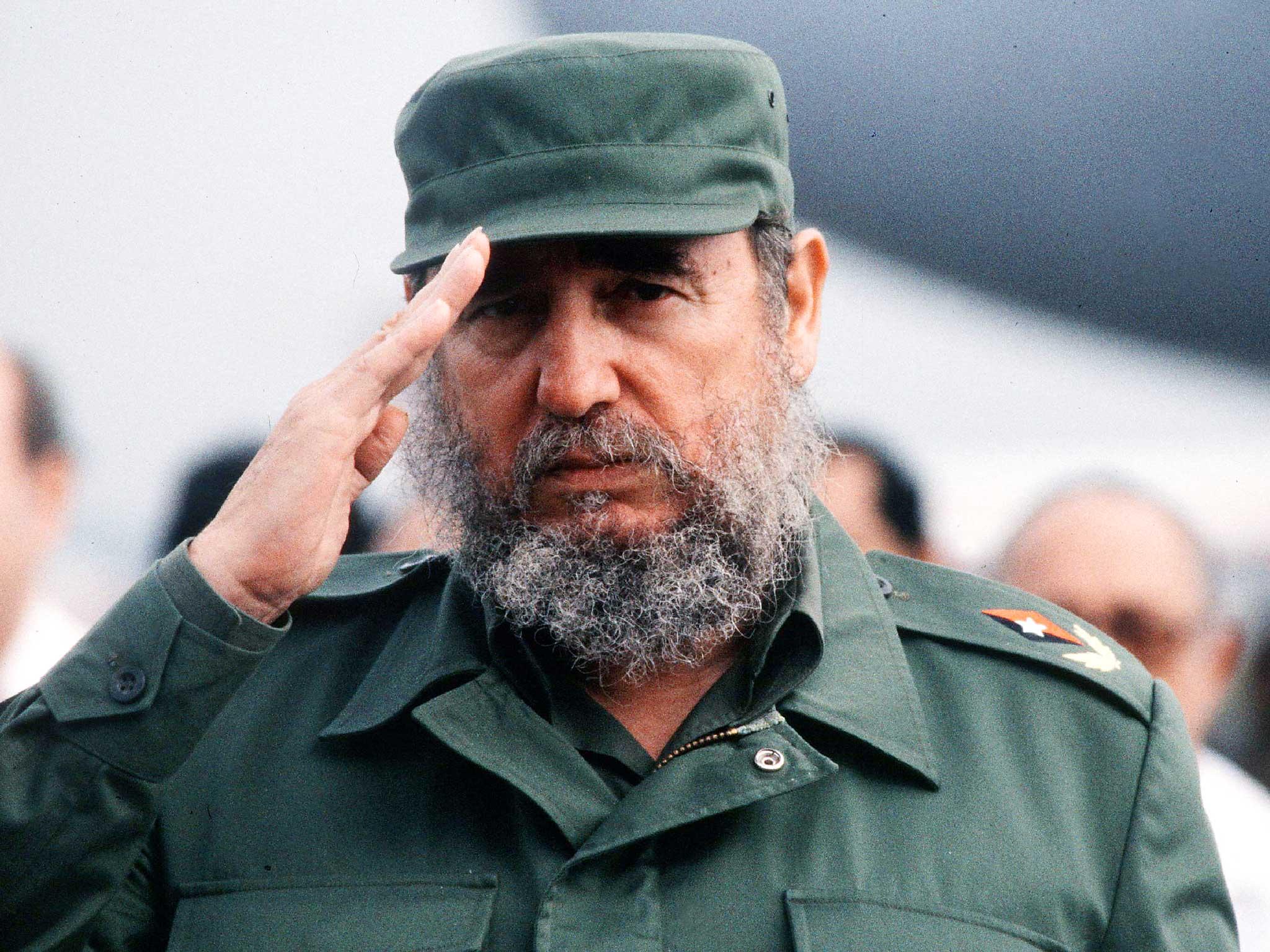 Fidel Castro
Fidel Castro
Country: Cuba
Years in power: 1959 to 2006
Age: 85
Life out of power: After suffering a severe and apparently life-threatening intestinal ailment in 2006, Castro handed the Cuban presidency to his somewhat younger brother Raul. He then devoted himself to penning essays for publication in Granma, the organ of the Cuban Communist Party, while his health seemed to rally. But he hasn’t been seen in public since April, fuelling rumours that he is again on the decline.
 Haile Mariam Mengistu
Haile Mariam Mengistu
Country: Ethiopia
Years in power: 1974 to 1991
Age: 74
Life out of power: After his ouster, Mengistu fled to Zimbabwe, where he was offered asylum by President Robert Mugabe. He has lived there ever since, in a compound located in the Gunhill suburb of Harare.
Olusegun Obasanjo 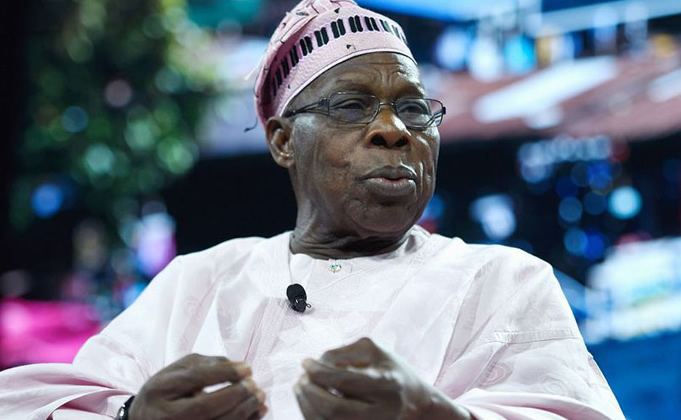
Country: Nigeria
Years in power: Obasanjo led a military government that ruled Nigeria from 1976 to 1979. He later served as a civilian president from 1999 to 2007.
Age: 74
Life out of power: After leaving the presidency four years ago, Obasanjo formally retired to his farm, where he raises chickens and pigs. He remains a significant political force domestically, however, and also plays a role internationally. He was recently appointed the UN’s special envoy to the Democratic Republic of the Congo.
 Jean-Baptiste Bagaza
Jean-Baptiste Bagaza
Country: Burundi
Years in power: 1976 to 1987
Age: 65
Life out of power: Following his ouster, Bagaza fled to Uganda. He returned to Burundi in 1993 and re-entered politics as leader of the Party for National Recovery. He ran unsuccessfully for the presidency in 2009. As a former head of state, he is now a senator for life.
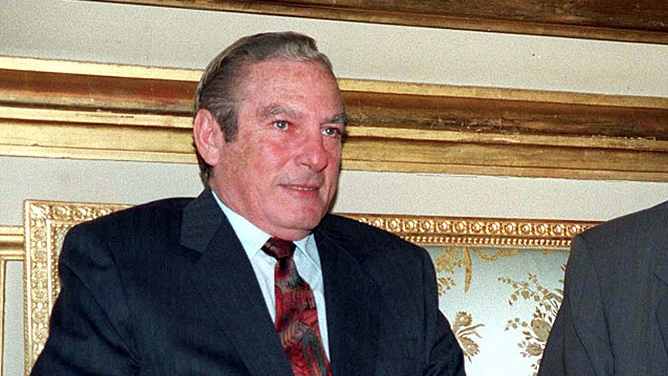 France-Albert René
France-Albert René
Country: Seychelles.
Years in power: 1977 to 2004
Age: 75
Life out of power: René has granted no interviews since leaving power and now leads a quiet life in retirement. Last November, he was guest of honour at a party to mark his 75th birthday, hosted by his successor as president, James Michel.
 Daniel arap Moi
Daniel arap Moi
Country: Kenya
Years in power: 1978 to 2002
Age: 87
Life out of power: Since leaving the presidency, Moi has served as peace envoy to Sudan on behalf of his successor, Mwai Kibaki, and also helps run a family investment fund in Nairobi.
 Jerry Rawlings
Jerry Rawlings
Country: Ghana
Years in power: 1979 to 2001. From 1996 on, he was democratically elected.
Age: 64
Life out of power: Rawlings has remained involved in regional affairs and humanitarian activities. On behalf of the African Union, he is currently working to raise funds and awareness to help relieve famine in the Horn of Africa.
 Ibrahim Babangida
Ibrahim Babangida
Country: Nigeria
Years in power: 1985 to 1993
Age: 70
Life out of power: Babangida remains active in Nigerian politics and recently engaged in a very public slanging match with fellow former dictator Olusegun Obasanjo.
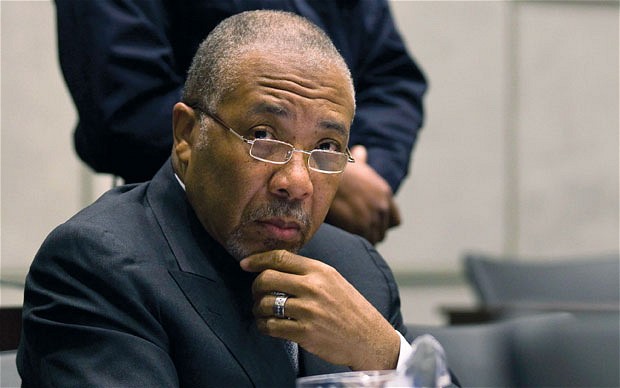 Charles Taylor
Charles Taylor
Country: Liberia
Years in power: 1997 to 2003
Age: 63
Life out of power: A former warlord, Taylor coerced Liberians into electing him president in 1997, organizing his campaign around the unorthodox slogan, “He killed my ma, he killed my pa, but I will vote for him.” After leaving office, he fled to Nigeria but was later extradited to Sierra Leone and then sent to The Hague in 2006 to be tried for human-rights crimes committed during Sierra Leone’s civil war in the 1990s. A verdict is pending.
 Askar Akayev
Askar Akayev
Country: Kyrgyzstan
Years in power: 1990 to 2005. He was appointed president by Mikhail Gorbachev in 1990 under the old Soviet system and was later voted into office in subsequent elections.
Age: 66
Life out of power: Following his ouster in the so-called Tulip Revolution, Akayev fled to Moscow, where he now teaches mathematics at Moscow State University. He is fond of classical music and painting.
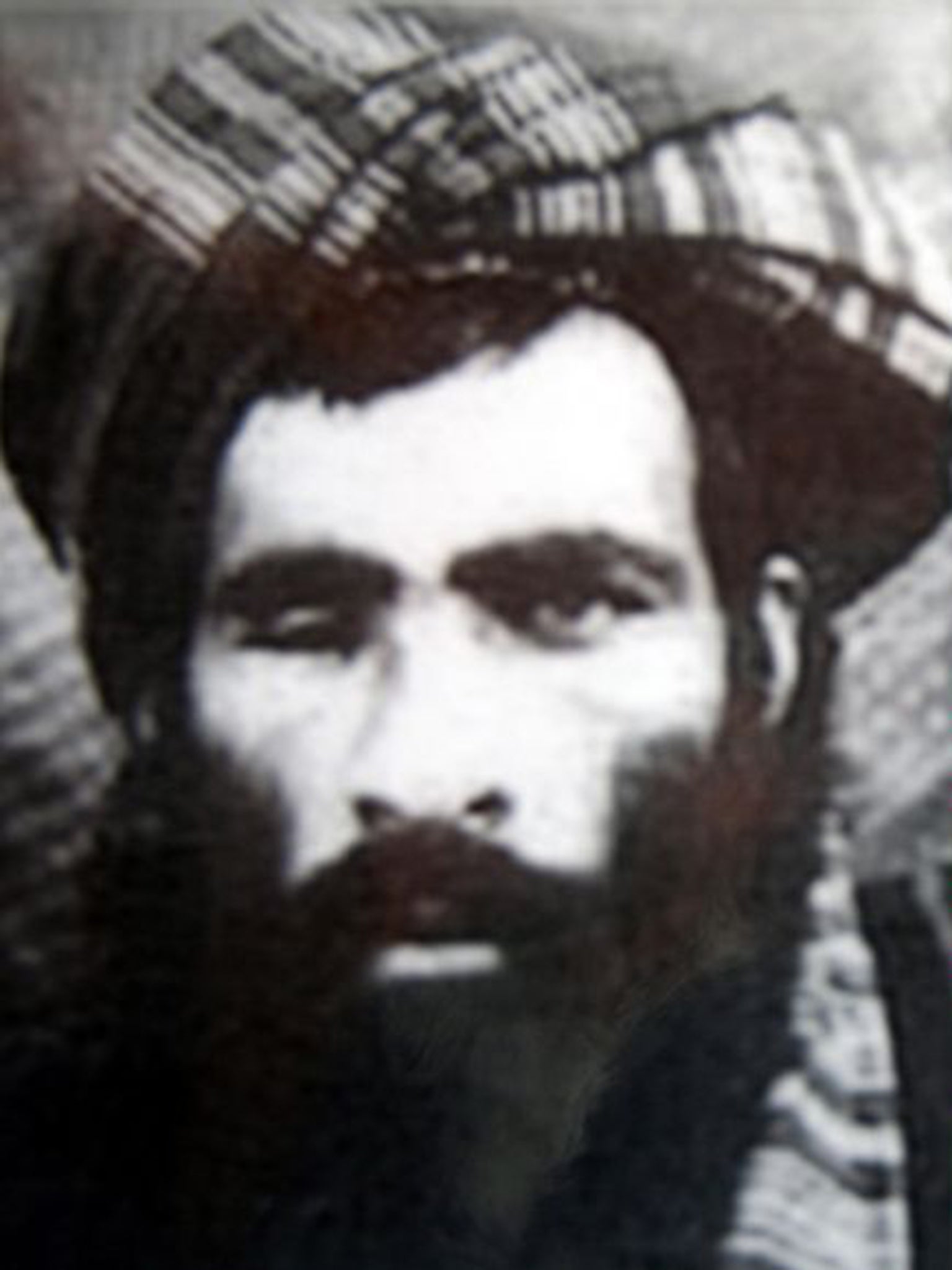 Mohammed Omar
Mohammed Omar
Country: Afghanistan
Years in power: 1996 to 2001
Age: about 50
Life out of power: Leader of the Taliban, the one-eyed Omar fled Kabul when the U.S. invaded in 2001. He is now thought to be among the Taliban officials masterminding their organization’s military activities against the Afghan government and NATO forces. He is believed to be somewhere along the remote border with Pakistan or perhaps somewhere inside Pakistan.
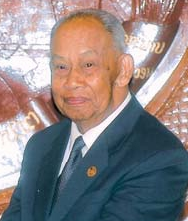 Khamtai Siphandon
Khamtai Siphandon
Country: Laos
Years in power: 1998 to 2006
Age: 87
Life out of power: After stepping down as chairman of the Lao People’s Revolutionary Party, Siphandon continued to play a significant role in party activities.
 Imelda Marcos
Imelda Marcos
Country: the Philippines.
Years in power: Her husband, Ferdinand Marcos, ruled the Philippines from 1965 to 1986.
Age: 82
Life out of power: Famous for her insatiable appetite for shoes, she fled to Hawaii with her husband following their overthrow. After his death in 1989, she returned to the Philippines in 1992 and campaigned for the presidency twice (she lost both times) and for a seat in the House of Representatives (she won). But she faces ongoing legal problems dating back to her husband’s years in power.


 Keep updated, follow The Business Standard's Google news channel
Keep updated, follow The Business Standard's Google news channel















